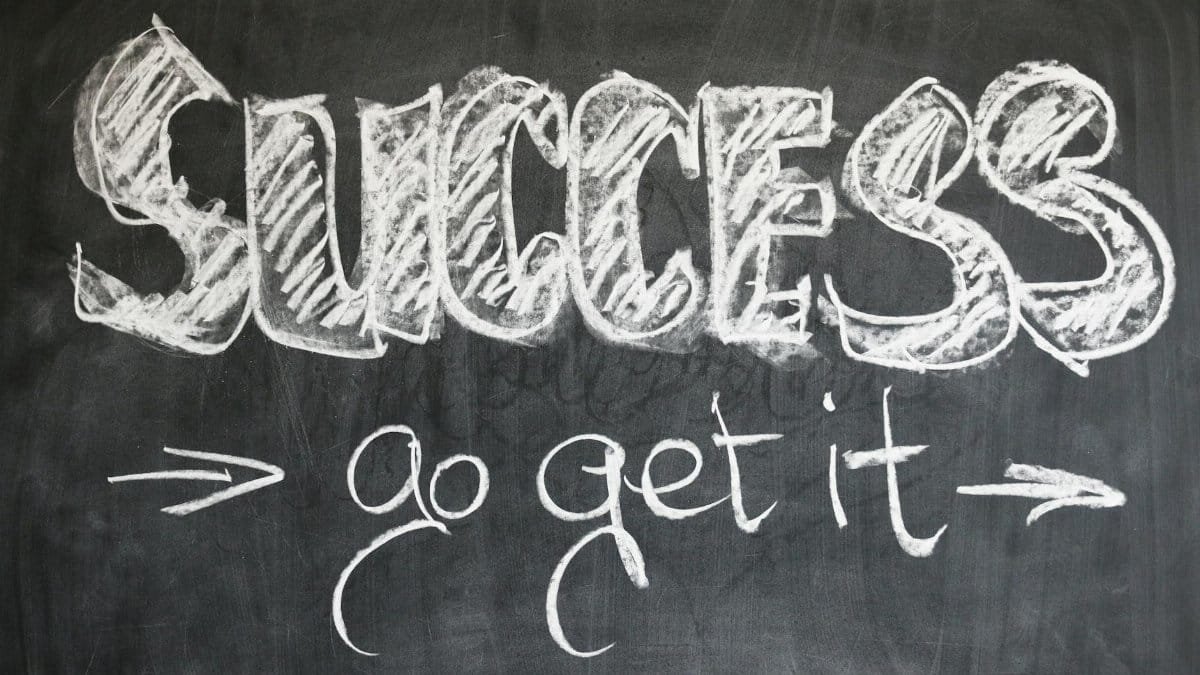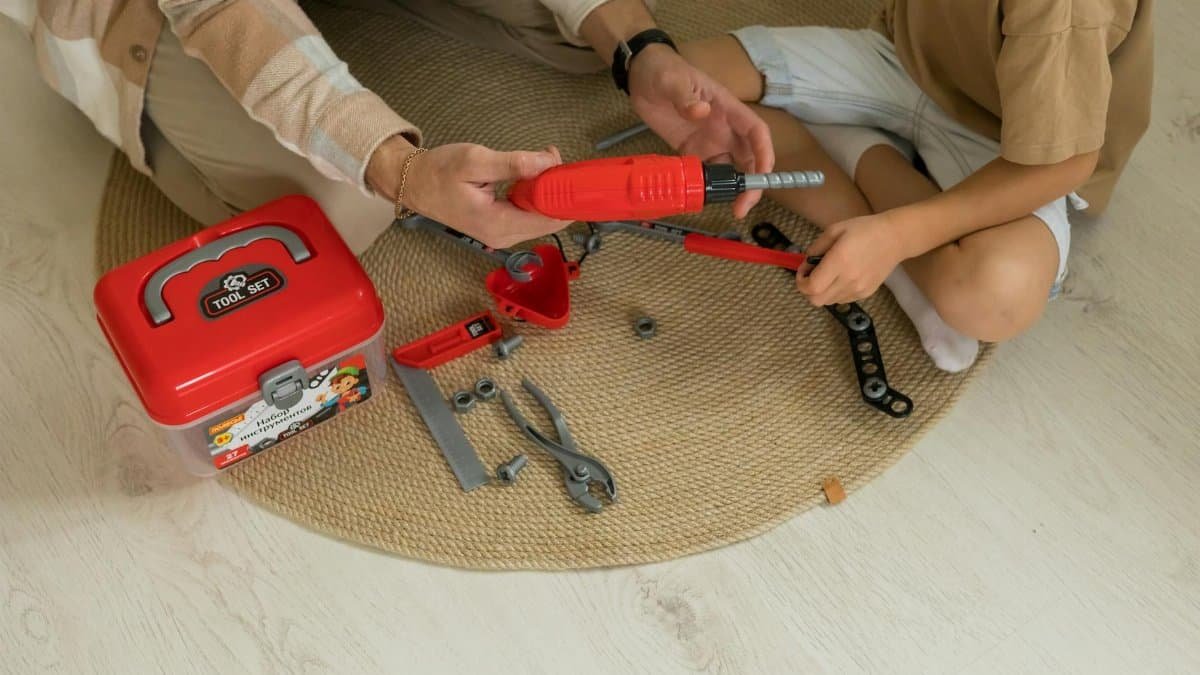Is relationship mastery really the ultimate tool for inner transformation? In a world buzzing with self-help trends, this concept is gaining traction among those seeking deeper emotional health and spiritual growth. Simply put, relationship mastery involves honing your connections—with yourself and others—to foster peace, joy, and purpose. As U.S. wellness experts note, it’s not just about fixing arguments; it’s a pathway to profound personal change. With rising interest in mindfulness, more Americans are turning to these practices in 2025, promising real shifts in everyday wellbeing.
What Is Relationship Mastery?

At its core, relationship mastery is about developing the skills to navigate interpersonal dynamics with intention and empathy. It’s not merely avoiding conflicts but transforming them into opportunities for growth. Experts describe it as a blend of emotional intelligence and spiritual awareness, where you learn to communicate effectively and set healthy boundaries. According to a study from the American Psychological Association, individuals who practice such skills report higher life satisfaction. This mastery extends beyond romantic ties to friendships, family, and even self-relationship, making it a versatile tool for wellness.
In practice, it starts with self-reflection. Ask yourself: How do I react in tense situations? Building this awareness can lead to better outcomes. For instance, therapists often recommend journaling to track patterns, helping you master responses over time.
The Role in Emotional Health

Emotional health thrives when relationship mastery is applied. It equips you to handle stress and build resilience. In the U.S., where mental health challenges affect millions, mastering relationships can reduce anxiety and depression symptoms. A report from the Centers for Disease Control and Prevention (CDC) highlights how strong social connections lower health risks, aligning with mastery principles.
Think of it as upgrading your emotional toolkit. By practicing active listening and vulnerability, you create deeper bonds that support mental wellbeing. Wellness coaches in 2025 emphasize this, noting a surge in programs focused on relational skills amid post-pandemic recovery.
Benefits for Spiritual Growth

Relationship mastery intersects with spirituality by encouraging forgiveness and compassion. In spiritual traditions, like those in mindfulness practices, mastering relationships is seen as a path to enlightenment. It helps dissolve ego-driven conflicts, leading to inner peace. U.S.-based spiritual leaders, such as those at retreats, often teach that true transformation comes from harmonious connections.
One key benefit is enhanced purpose. When relationships are mastered, you feel more aligned with your values, fostering a sense of joy. Studies from Pew Research Center show that spiritually engaged Americans report better relational satisfaction, underscoring this link.
Common Challenges and How to Overcome Them

Mastering relationships isn’t easy. Common hurdles include past traumas or communication barriers. Many struggle with vulnerability, fearing rejection. To overcome this, start small: Practice expressing needs in low-stakes scenarios. Therapists suggest role-playing to build confidence.
Another challenge is inconsistency. Life’s busyness can derail efforts, but setting routines like weekly check-ins helps. In 2025, apps and online communities are making it easier, providing tools for sustained practice. Remember, setbacks are part of the process; view them as learning opportunities.
Practical Applications in Daily Life

Apply relationship mastery daily by prioritizing empathy in conversations. At work, it means resolving conflicts constructively, boosting team morale. In personal life, it transforms family dynamics, creating supportive environments. Wellness experts recommend starting with gratitude exercises to strengthen bonds.
For couples, techniques like shared goal-setting enhance intimacy. Parents can use it to model healthy behaviors for kids. Real-world examples show that consistent application leads to lasting joy, with many reporting improved overall wellbeing after just months of practice.
Impact on Overall Wellbeing

The ripple effects of relationship mastery on wellbeing are profound. It reduces isolation, a major issue in modern America, and promotes physical health through lower stress levels. Research indicates that strong relationships correlate with longer lifespans, as per findings from Harvard’s long-term study on happiness.
In spirituality and wellness circles, it’s viewed as essential for holistic health. By mastering connections, you invite more purpose into life, aligning body, mind, and spirit. As trends evolve in 2025, this practice stands out for its transformative potential.
Getting Started with Relationship Mastery

Begin by assessing your current relationships. Identify strengths and areas for improvement. Read books or join workshops; resources abound online. Set achievable goals, like improving one interaction per day.
Seek support from communities or coaches. Consistency is key, so track progress. Over time, you’ll notice shifts toward greater peace and fulfillment, making it a worthwhile pursuit for inner transformation.
Real-Life Success Stories

Take John from New York, who turned his strained marriage around through mastery techniques. By focusing on empathy, he rebuilt trust and found renewed joy. Similarly, wellness blogger Mia credits it for her spiritual awakening, sharing how it brought purpose amid chaos.
These stories reflect broader U.S. trends, where people are embracing such tools for emotional and spiritual gains. They prove that with effort, transformation is achievable.
